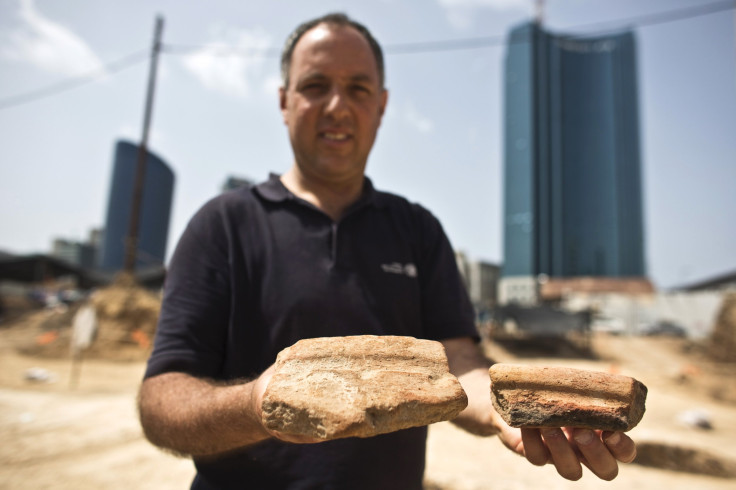World’s oldest beer Preservation Ale: Australian scientists bring 220-year-old beer back to life

A team of Australian scientists have done something really amazing. In a world-first, they brought back yeast of a 220-year-old beer recovered from a shipwreck. It is being reported as the world’s oldest beer, and like a magic touch, these scientists brought back the beer to life.
In 1797, the Sydney Cove reached the Great Southern Land. It was one of the first commercial trading ships to ever attempt the journey to the newly-formed colony of Sydney. However, the ship developed a leak and ran aground on tiny Preservation Island in Bass Strait.
While many of the crew was rescued, some of the ship’s cargo remained buried under the sea. This included some of Sydney’s precious beer supply. In 1990, the organic material was salvaged. For almost two centuries, the beer lay on the seabed forgotten but unbelievably preserved by the layer of seagrass and sand.
Marine archaeologist Mike Nash revealed that the beer remained intact completely sealed. No oxygen was able to get through the seal. Hence, it stayed unharmed. In North Tasmania’s Queen Victoria museum in Launceston, the treasures from the shipwreck are a star attraction.
“It virtually sealed everything in, there was no oxygen getting in and it was completely intact,” Nash told the ABC.
RELATED: Jesus and his disciples may have had this beer; ‘Biblical’ beer recreated by Israeli’s Herzl Brewery
Around 18 months ago, when chemist-turned-conservator David Thurrowgood started working at the museum, he examined the beer bottles. Surprisingly, he found that one of the bottles still had liquid inside. He imagined that yeast was still present inside the bottle.
This gave Thurrowgood a chance to possibly have access to the oldest beer in the world. He along with other scientists started to culture the yeast and recreate a beer that has been absent from the planet for 220 years. Apart from the unopened bottle, the researchers also used contents from another bottle that had been carefully decanted when it was salvaged.
Yeast specialist Anthony Borneman from the Australian Wine Research Institute took a syringe sample from the unopened precious bottle but was disappointed when the sample did not return results. This is because the liquid inside the unopened bottle was not beer but something else, such as castor oil.
However, two samples that were decanted 20 years ago after their discovery from the shipwreck, returned positive results. The samples came back to life. Detailed DNA analysis was carried out to ascertain if the yeasts were present because of contamination. Brewer's yeast brettanomyces and saccharomyces were found.
A homebrew using the yeast has been made based on a common English ale recipe. The 220-year-old beer has been named Preservation Ale, after Preservation Island, where the ship met its fate.





















